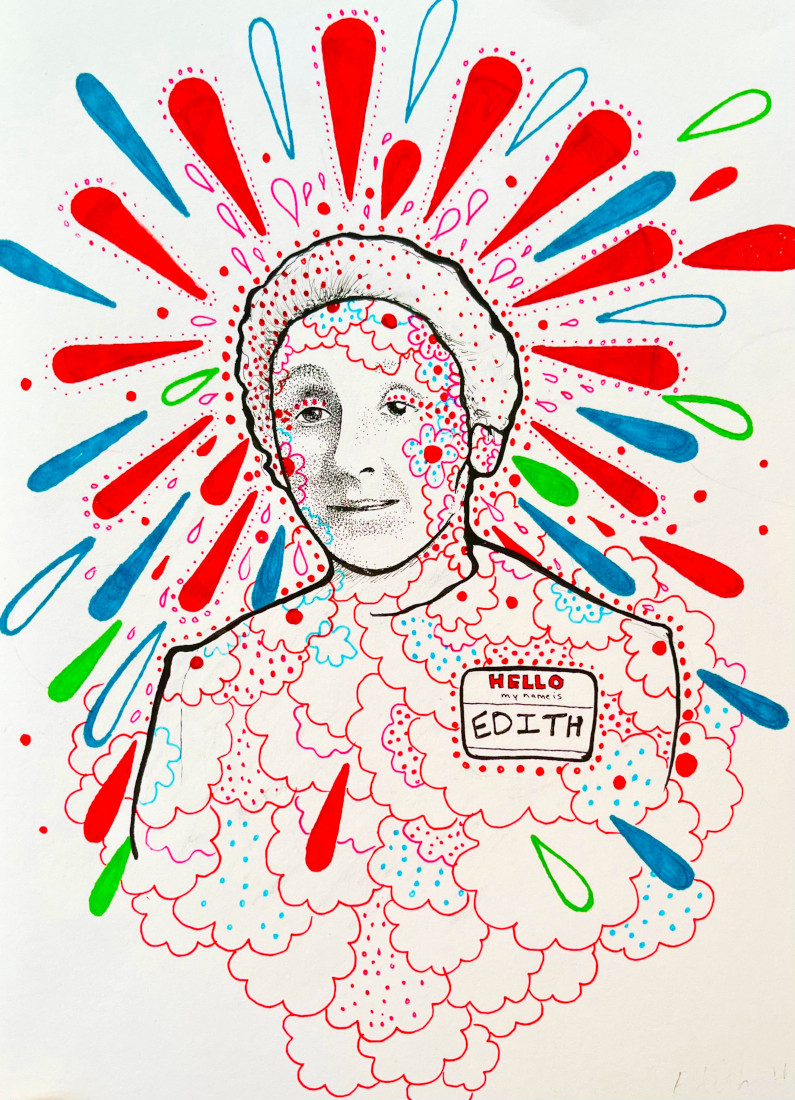Hancox’s feminist interventions into Canadian socialist organizing
A people’s history of Winnipeg
Edith Hancox was a high-profile feminist involved in the Communist Party in Winnipeg as both an organizer and a writer. Her letters appeared in the Winnipeg Free Press and Winnipeg Tribune, as well as left-wing papers like the One Big Union Bulletin and the Communist Party-affiliated Worker throughout the 1920s.
Despite her prominence, Hancox had to fight patriarchal views and attitudes, including from other leftists. The Free Press and Tribune often published articles that openly mocked Hancox.
Hancox constantly battled male-dominated socialist and communist leaders, who were at best dismissive of feminist issues and sometimes downright hostile.
One Big Union (OBU) was one of the major forces that organized the Winnipeg General strike of 1919 . Hancox was involved in the OBU and fought to make the local Women’s Labour League (WLL) one of its affiliates.
While the OBU created its own working-class culture through social functions and sporting events, it was based around a more traditionally masculine image of class struggle that viewed feminist issues as secondary to workplace organizing. Some involved with the OBU openly questioned if women should be allowed as members. Eventually, the motion to allow the WLL to affiliate with the OBU passed.
The Communist Party of Canada (CPC) held similar views toward feminism. Hancox did not fit the very narrow mold of who the CPC would consider a true revolutionary, despite her militancy and effectiveness as an organizer. Hancox was neither the spouse of a CPC member nor an industrial worker. She owned a small business.
Historian Joan Sangster points out that the CPC would flip from praising women as revolutionary heroines to denouncing them as inherently reactionary. Hancox continued to push the CPC to recognize women’s issues while organizing for women to join in class struggle.
In 1928, the Communist Party entered into its “Third Period,” where the party abandoned its work with other leftists. The CPC leadership denounced organizations like the WLL as reformist (advocating for gradual political change rather than revolution) and labelled feminism a distraction from class struggle.
Hancox’s experience and effectiveness in organizing the unemployed would have been key during the Great Depression, but the CPC marginalized her just prior to the economic crash. Hancox was demoted to clerical work.
Perhaps even more detrimental was the CPC’s choice to abandon working with other leftist organizations, which made the kind of work Hancox excelled at irrelevant to the party.
Just before the Great Depression, Hancox defaulted on her mortgage, losing her house and business. In the wake of this financial stress and general mistreatment, she retreated from political life.
She took many odd jobs to make ends meet, including working at the concession stand at the Assiniboia Downs. Hancox died on June 3, 1954.
In just under a decade, Hancox established herself as one of the most important socialist organizers in Winnipeg, only to watch her legacy quickly fall apart. Hancox’s tireless work organizing around unemployment and feminist issues demonstrated an advanced understanding of exploitation and the way that intersecting factors such as class and gender can contribute to unique forms of oppression.
Though Hancox’s legacy was forgotten for decades, it has been worth uncovering now so that people can continue to learn from it today.
Scott Price is a labour historian based in Winnipeg, Man.
Published in Volume 77, Number 24 of The Uniter (March 30, 2023)








